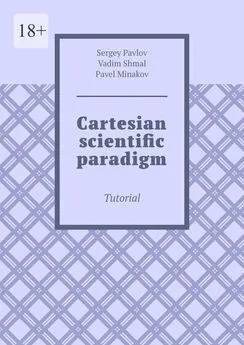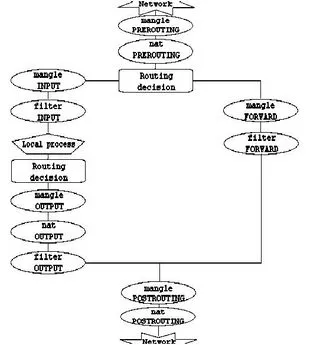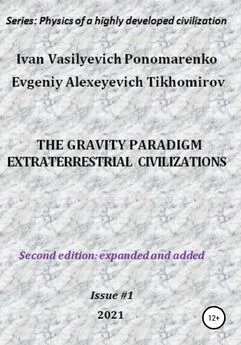Pavel Minakov - Cartesian scientific paradigm. Tutorial
- Название:Cartesian scientific paradigm. Tutorial
- Автор:
- Жанр:
- Издательство:неизвестно
- Год:неизвестен
- ISBN:9785005566966
- Рейтинг:
- Избранное:Добавить в избранное
-
Отзывы:
-
Ваша оценка:
Pavel Minakov - Cartesian scientific paradigm. Tutorial краткое содержание
Cartesian scientific paradigm. Tutorial - читать онлайн бесплатно ознакомительный отрывок
Интервал:
Закладка:
Descartes argues that we perceive objects not only as existing in the world in any objective sense, but also subjectively. This is because we are, in fact, attentive to the imaginary mind within us, which is separate from the visible world. Let’s take an example: when we eat something, our real sense of taste causes us to attribute the taste of the object not to it, but to our imagination. We actually see the object and sense the taste associated with it, so that we not only taste the taste, but also imagine that we are tasting it. In the dualism of the spirit and body of Descartes, the mind is the same as the real world as a whole, but the world is not identical to the mind as a whole. According to Descartes, we know what we are thinking, because «it is through thinking that our sensations are transmitted through the body system to the tongue and the gut.» We are no longer looking for the whole object, but our body as a whole. The perceived thing is the «inner», system of ideas, how they appear in our mind and how they are experienced by our senses. Descartes thinks of the sensory impression of an object as representing that object as representing that perception.
Descartes’ belief in materialism is simply a belief, and he admits that we do not know how our own consciousness can explain the comprehensible world, especially when it is connected with us in such a way that the material cannot be part of our mind. But to think that we can explain the world using an intangible cause is incompatible with our human experience, so Descartes assumes that there is a material cause. This is what he calls the non-material cause. According to Descartes, it is the cause of the movement of the sun, or the cause of a dream, or the cause of the invention of something, the cause of the universe.
Yet one of the most surprising features of Descartes’ ideas is that the material cause does not seem to have any reason at all, that the purpose of the universe is for the world to be as it is, without any external cause. Descartes does not provide any explanation for how the material cause arises in the first place, and he does not provide any explanation as to why the material cause must cause the non-material cause. However, as I suggested, what seems to be a simple axiom – «there is no external cause», is very difficult to establish in the materialist worldview. Most philosophers at least claim that we do not know how a material cause arises. But from the point of view of the materialistic worldview, no one can know whether a material cause arises in some primitive mechanism, or as a property of the universe, or as something that would arise if there were nothing but material, or as a result of a process, natural selection, or from an unthinking source such as spontaneous generation. There are many different possible answers to these questions, and they may all be correct, but we can never know for sure what the material cause is.
Consciousness and intelligence are very important concepts in our scientific understanding of the world. It is the main characteristic of the mind that it arises from consciousness. So we can see how a scientific understanding of the mind explains what it feels like to experience it.
However, consciousness and mind are not the same thing. They are not just different levels of the same thing. Consciousness is an experience of the mind, and it does not exist outside the mind. Scientifically, this is perfectly reasonable, because there is nothing in the physical world that can experience anything external to itself. Of course, this is not that easy, because there are many things that the physical world can experience, and in particular, the physical brain can experience things that are not physical at all. In the context of consciousness and mind, things like thoughts, beliefs, intentions, etc., are not just mental states. These are mental states that the physical brain experiences.
There is a striking contradiction between how the scientific understanding of consciousness relates to the nature of mind. Indeed, the scientific understanding of the mind gives us only limited information about how the mind can arise from the material world.
The mind and the material world arise in complex causal relationships. For one to arise from the other, they must causally influence each other. The mechanisms that cause the mind to emerge from the material world involve extremely complex processes that include many physical and mental properties and cannot be directly observed. As a result, the mind and the material world are not independent, and if the material world were not present, there would be no consciousness either.
There are some things that are important to the mind. Descartes identified several functions that, in his opinion, can be described as a function of the mind. These functions are the ability to induce change, retain in memory, combine disparate thoughts, and use the body to perform specific functions. These are the general functions of the mind. But Cartesian thought allowed much more. He admitted the possibility of a broader understanding of the possibilities.
Конец ознакомительного фрагмента.
Текст предоставлен ООО «ЛитРес».
Прочитайте эту книгу целиком, на ЛитРес.
Безопасно оплатить книгу можно банковской картой Visa, MasterCard, Maestro, со счета мобильного телефона, с платежного терминала, в салоне МТС или Связной, через PayPal, WebMoney, Яндекс.Деньги, QIWI Кошелек, бонусными картами или другим удобным Вам способом.
Интервал:
Закладка:










